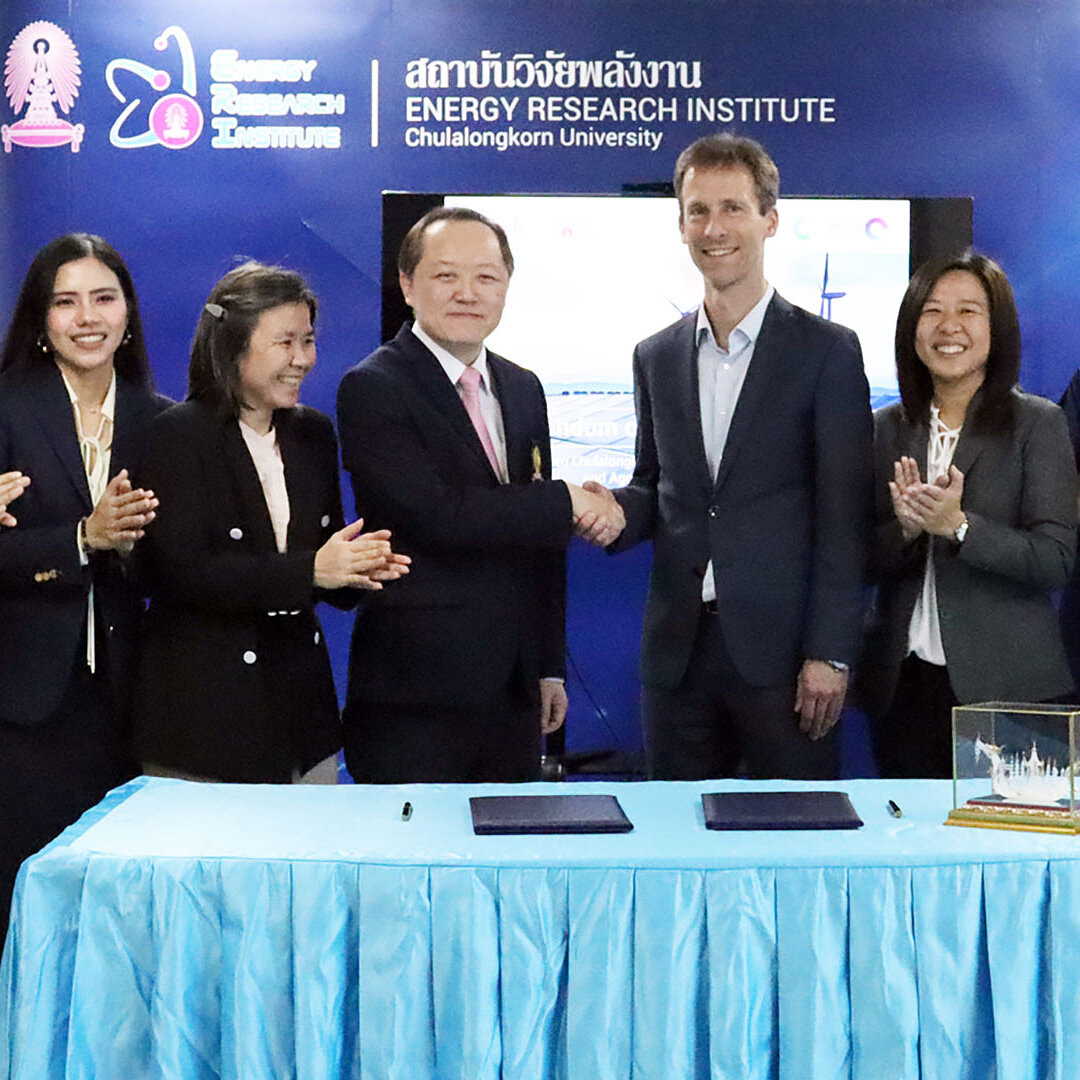This content is also available in: German
Thailand
While still highly dependent on natural gas, Thailand is moving toward a diversification of its energy mix to align with net-zero commitments.

Thailand has made remarkable economic and social progress over the past decades, successfully transitioning from an agricultural to an industrial economy. As a top ten global manufacturer and exporter of automotive, electrical and agricultural products, it is crucial for Thailand to ensure energy affordability and energy security, and to drive sustainable economic development and competitiveness.
Thailand depends predominantly on natural gas to fuel its power and industrial sectors, relying on its offshore reserves in the Gulf of Thailand. In 2021, gas supplied around 54 percent of power generation while coal provided 17 percent. Once perceived as a secure and cheap local energy resource, the role of gas in Thailand's energy system is no longer so clear. With significant gas capacities locked into inflexible long-term contracts, Thailand faces issues of generation overcapacity and high reserve margins. This jeopardises the future affordability of energy and represents a barrier to the uptake and deployment of renewables, slowing down supply diversification. Regional power and gas interconnectors are seen as options to alleviate excess generation while also stimulating a regional energy market.
At COP26, Thailand pledged to become carbon neutral by 2050 and climate neutral by 2065. To accelerate its clean energy transition, an energy paradigm shift is required.
Through its Bangkok office, Agora Energiewende seeks to support technical solutions and policy recommendation that help to decarbonise Thailand’s energy system, working with local partners on market design, emerging technology roadmaps and concepts for a fossil fuel phase-out.





